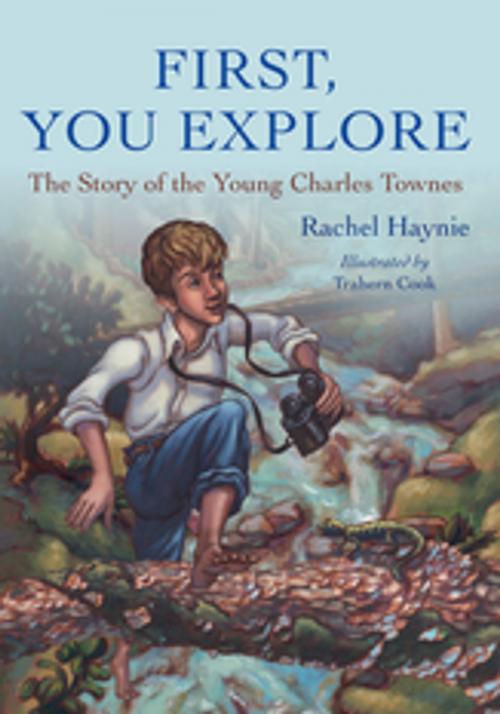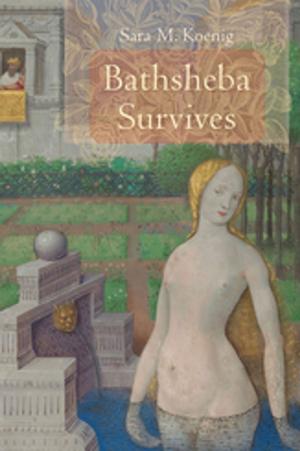First, You Explore
The Story of the Young Charles Townes
Kids, People and Places, Biography, Non-Fiction, Science and Technology| Author: | Rachel Haynie | ISBN: | 9781611173451 |
| Publisher: | University of South Carolina Press | Publication: | May 2, 2014 |
| Imprint: | University of South Carolina Press | Language: | English |
| Author: | Rachel Haynie |
| ISBN: | 9781611173451 |
| Publisher: | University of South Carolina Press |
| Publication: | May 2, 2014 |
| Imprint: | University of South Carolina Press |
| Language: | English |
"Do exploration. Do things that are new and different.” This is the philosophy that Charles H. Townes has lived by since he was a young boy growing up on a small farm in Greenville, South Carolina. While tending to chores, exploring the outdoors, and tinkering with broken tools and equipment, Townes began what became a lifelong love of exploring and inventing. His passion for new things drove him to an amazing career of discoveries that have changed the world. All of us have been affected by Townes’s work, especially his most famous contribution to science: the laser. We’re surrounded by lasers and we may not even realize it: they are in computers, DVD players, atomic clocks, and barcode scanners at the grocery store checkout counter. Doctors, police, astronomers, and even Hollywood filmmakers use lasers regularly in their work. This extraordinary technology was made possible by Townes’s hard work and dedication to the “new and different,” winning him the Nobel Prize in physics in 1964. In First, You Explore, the first biography of Townes, Rachel Haynie chronicles the scientist’s boyhood fascination with the physical world and his early reading, experiments, and exploration of his surroundings on his family’s farm. Now at age ninety-eight, Townes is still actively involved in science and education, serving as a guiding force for the planetarium and observatory at the South Carolina State Museum, scheduled to open in 2014. This inspirational biography includes a timeline of Charles Townes’s major life events and additional biographical information that parents and educators will find useful as teaching tools.
"Do exploration. Do things that are new and different.” This is the philosophy that Charles H. Townes has lived by since he was a young boy growing up on a small farm in Greenville, South Carolina. While tending to chores, exploring the outdoors, and tinkering with broken tools and equipment, Townes began what became a lifelong love of exploring and inventing. His passion for new things drove him to an amazing career of discoveries that have changed the world. All of us have been affected by Townes’s work, especially his most famous contribution to science: the laser. We’re surrounded by lasers and we may not even realize it: they are in computers, DVD players, atomic clocks, and barcode scanners at the grocery store checkout counter. Doctors, police, astronomers, and even Hollywood filmmakers use lasers regularly in their work. This extraordinary technology was made possible by Townes’s hard work and dedication to the “new and different,” winning him the Nobel Prize in physics in 1964. In First, You Explore, the first biography of Townes, Rachel Haynie chronicles the scientist’s boyhood fascination with the physical world and his early reading, experiments, and exploration of his surroundings on his family’s farm. Now at age ninety-eight, Townes is still actively involved in science and education, serving as a guiding force for the planetarium and observatory at the South Carolina State Museum, scheduled to open in 2014. This inspirational biography includes a timeline of Charles Townes’s major life events and additional biographical information that parents and educators will find useful as teaching tools.















